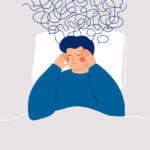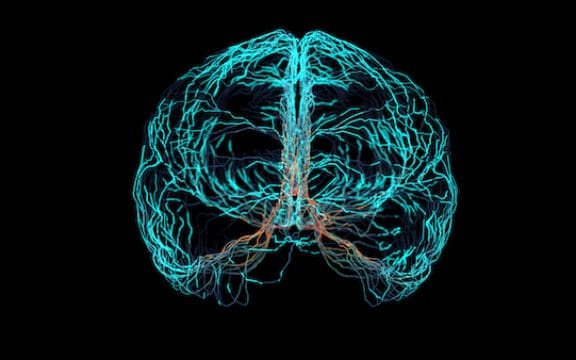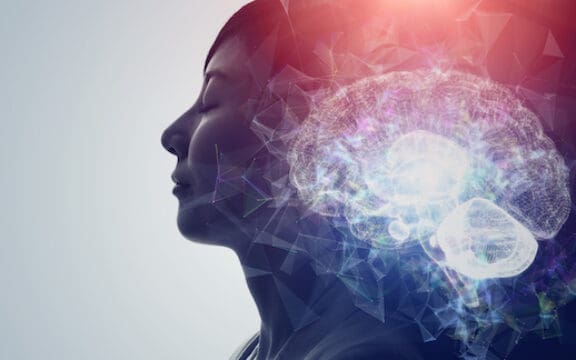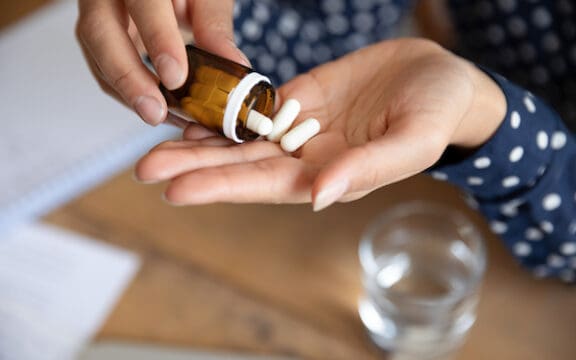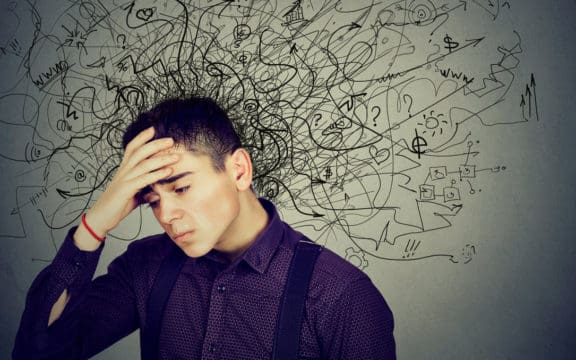Hormonal treatment for Major Depressive Disorder (MDD) is a growing area of research. MDD is characterized by a persistent feeling of sadness and loss of interest along with other symptoms such as disturbances in sleep, appetite, concentration, and energy level. Many treatment options are available and others are currently undergoing research. Hormonal treatments have long interested researchers and recent research by Dwyer, et al. has deepened scientific understanding of their potential. Here is a brief explanation of the role that hormones can play in MDD and their role in depression treatment.
How can Hormonal Treatments Help Major Depressive Disorder
How Hormones Play a Role in Depression
Endocrinology is the study of hormones, including their production and their effects on the body. It involves the study of the physiology of various endocrine glands such as the hypothalamus-pituitary-adrenal (HPA), hypothalamic-pituitary-thyroid (HPT), and hypothalamic-pituitary-gonadal (HPG) axes. Hormone systems, especially the HPA axis, play an essential role in regulating mood, energy level, sleep patterns, and other psychological processes.
The risk for mood changes increases during hormonal changes or endocrine disturbances such as during puberty, postpartum, or menopause. Also, endocrine disorders can cause hormonal abnormalities. For example, Cushing’s Syndrome increases cortisol levels, which may drastically increase the risk of depressive symptoms.
Some of The Hormones That Can Play a Role in MDD
Testosterone and estrogen are two hormones that can play an important role in MDD.
Testosterone is a steroid sex hormone produced primarily in the gonads. In men, it regulates sex drive, bone mass, fat distribution, muscle mass, and strength. Testosterone levels are typically at their highest when males are in adolescence and early adulthood. By age 40, testosterone levels start to drop from 1% to 3% per year. Depressive symptoms can be connected to dropping testosterone levels in men. In women, testosterone also plays a role in mood regulation and sleep patterns.
Estrogen is also a steroid sex hormone, primarily produced in the ovaries, which also has a role in mood regulation in women and can also affect men’s moods.
While both of these hormones should be present in both men and women, when they are not at the correct level or the body is not using them correctly, this can contribute to depressive symptoms such as those that occur in MDD.
Similarly, at least one study has shown an association between “acute and severe” MDD and improper regulation of the stress hormone cortisol.
Which Hormones Can Treat Major Depressive Disorder
Hormones like estrogen and testosterone have been associated with improved mood, enhanced cognitive function, improved sleep, and decreased overall symptoms of depression. Therefore, these hormonal treatments–especially if there are detectable low blood levels and there are symptoms of deficiency–can be combined with (to augment) traditional therapies such as psychotherapy or antidepressant medications.
Specifically, Dwyer and her colleagues found that among HPA-Axis Targeted Interventions, testosterone replacement has shown “strong evidence of efficacy” in men with “depressive symptoms secondary to hypogonadism.” However, for men with treatment-resistant MDD but without hypogonadism, there was “strong evidence of no benefit” for testosterone augmentation.
Similarly, there was “moderate evidence of efficacy” with “Estrogen replacement therapy (or combined hormone replacement therapy)” for Perimenopausal women with MDD and physical menopause symptoms.” However, the results of the same treatment for Postmenopausal women with MDD were “Poor as monotherapy, [but] preliminary evidence as adjunct to SSRI in geriatric depression.” It is clear that there is no one-size-fits all approach when it comes to hormones for depression treatment.
These are just some of the hormonal interventions that are possible for MDD, and those in turn are a small part of the many available treatment options that medical professionals can provide for this condition. The key takeaway from this is that hormones may be a viable option for patients with MDD, but every patient is different. For this reason seeking treatment from medical and mental health professionals is essential to safely and effectively ameliorating your MDD symptoms.
Mid City TMS Can Help
Hormonal treatments are viable treatment options for many individuals struggling with depression. However, it is important to note that hormonal treatments should only be used in consultation with a medical expert, as this type of treatment may have side effects and risks. A medical professional can also help you determine which depression treatment or treatments, among the many options available, would work best for you.
Among your other treatment options, TMS is a well-established treatment for Depression that is effective, covered by insurance and has minimal side effects. If you are struggling with MDD, Mid City TMS can help. Contact us today to learn more about your potential treatment options and how transcranial magnetic stimulation can be your next step.

